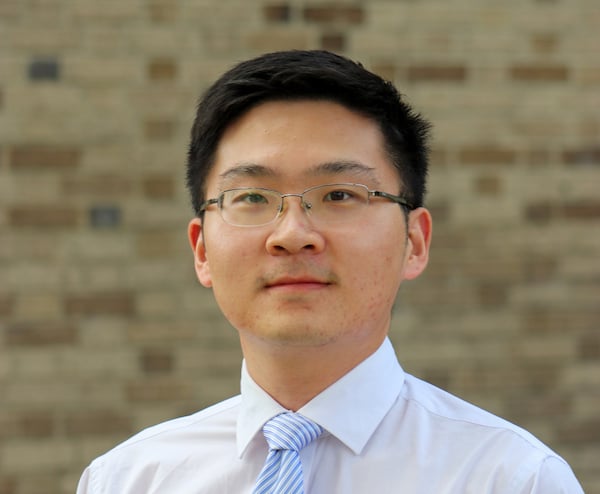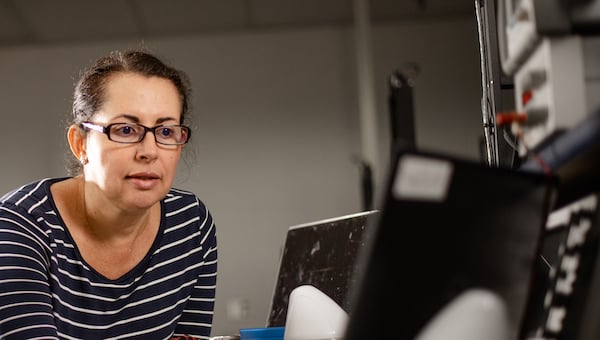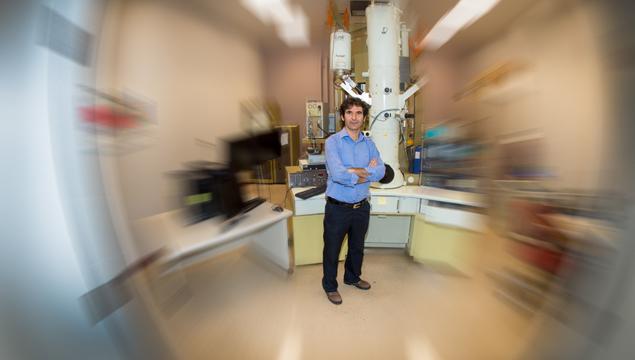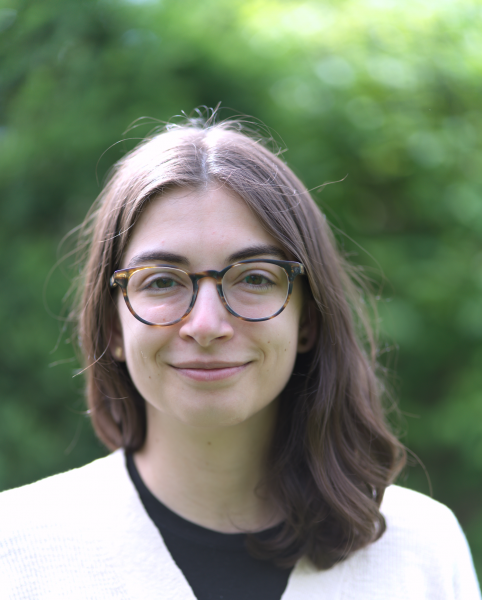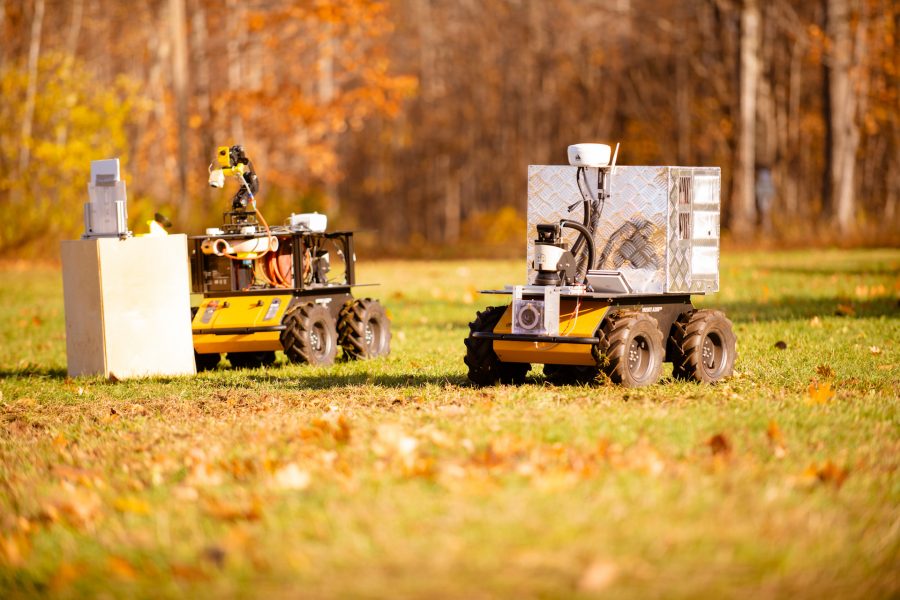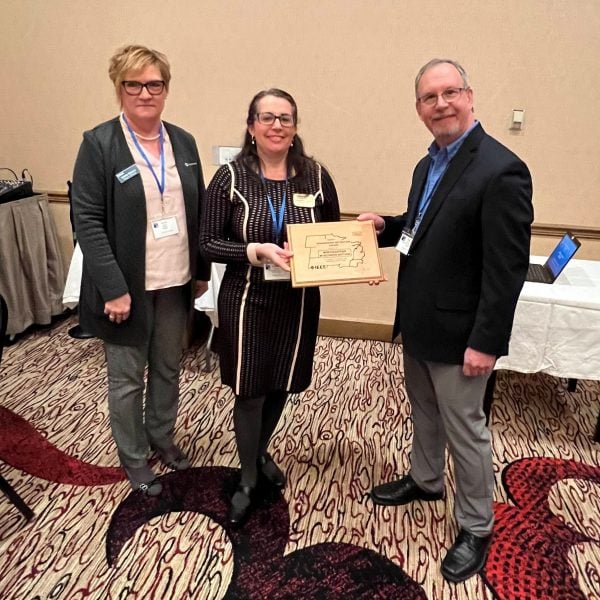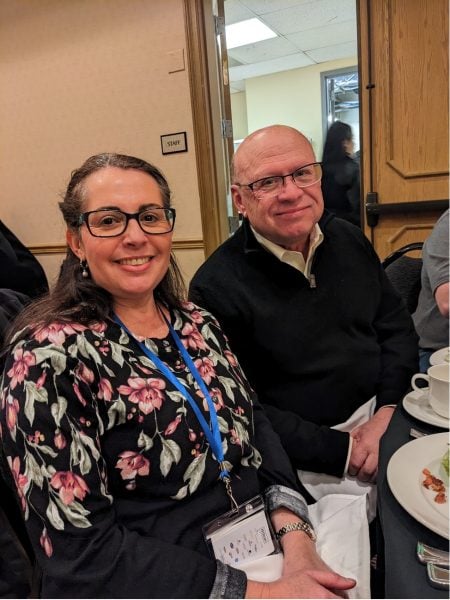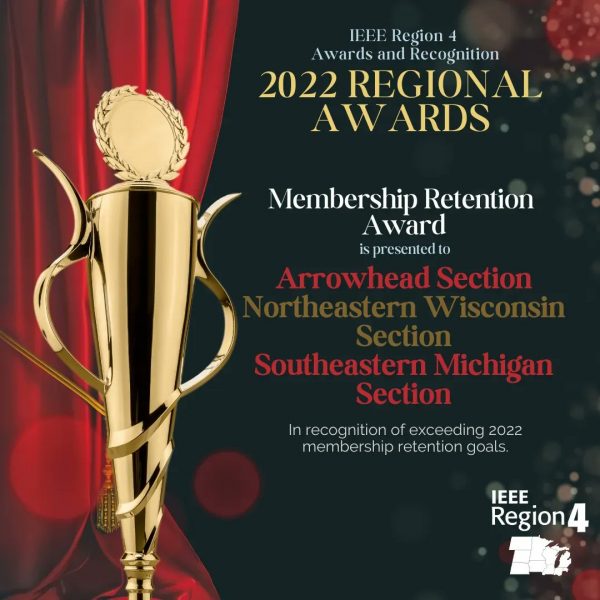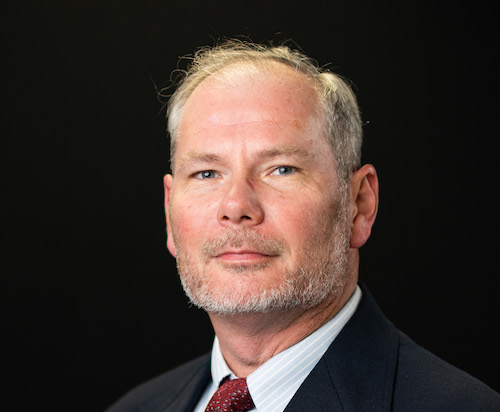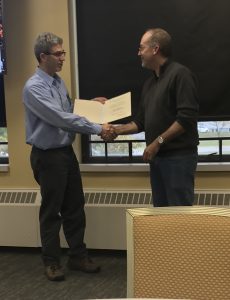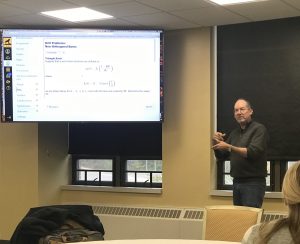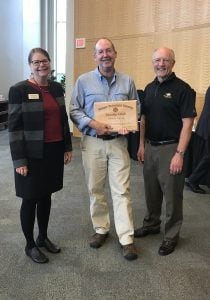Tan Chen (ECE) was mentioned by the Oak Ridge Associated Universities (ORAU) as the recipient of a Ralph E. Powe Junior Faculty Enhancement Award for the 2024-25 academic year. A total of $175,000 was awarded to 35 junior faculty from ORAU member institutions.
The Powe recipients receive $5,000 in seed money for the 2024–25 academic year, matched by the recipient’s institution.
Chen’s research involves complex dynamics and applied control of robots, such as legged robots and manipulators.
“Each year, ORAU supports the research and professional development of emerging leaders at the universities who are members of our consortium.”
